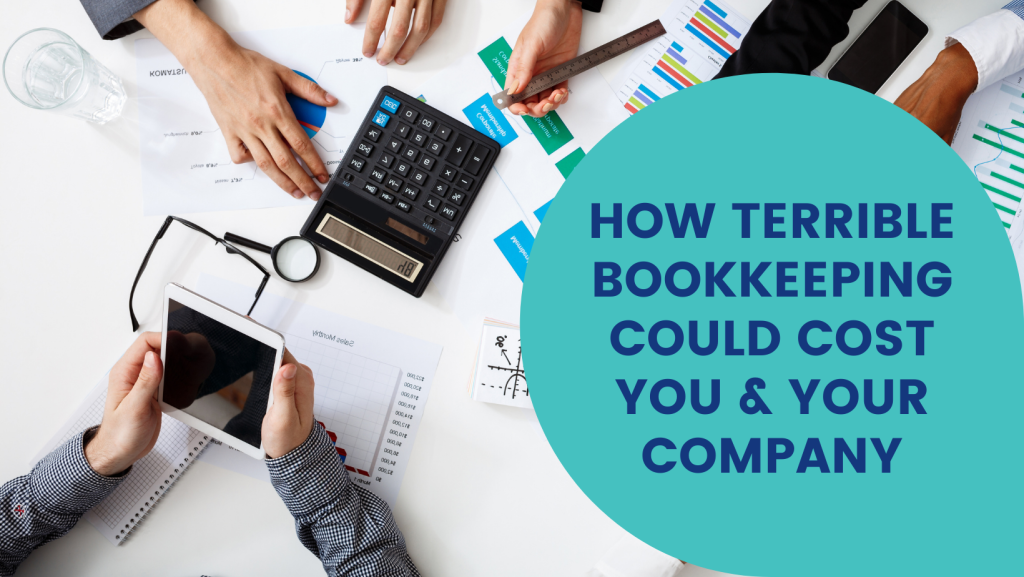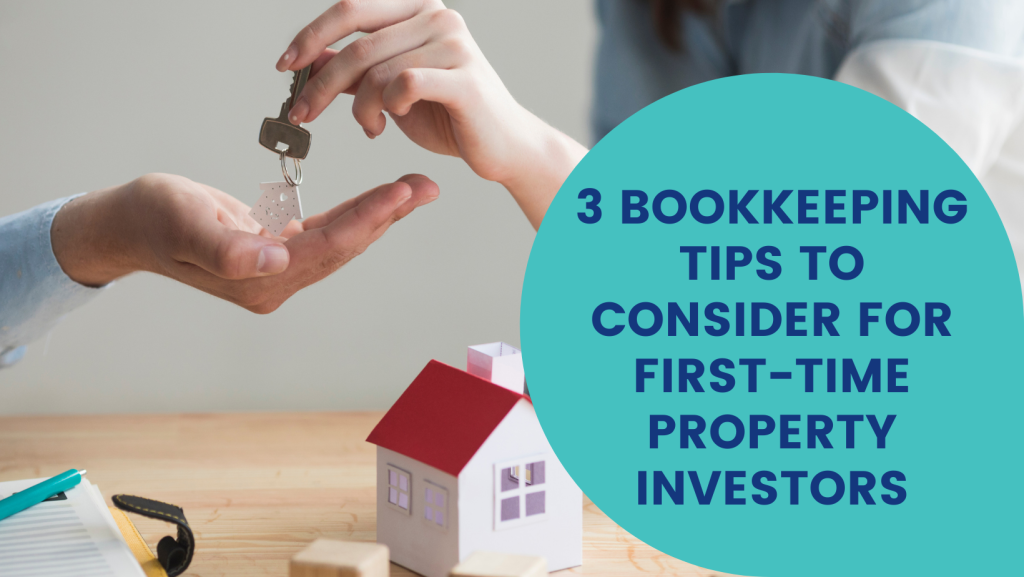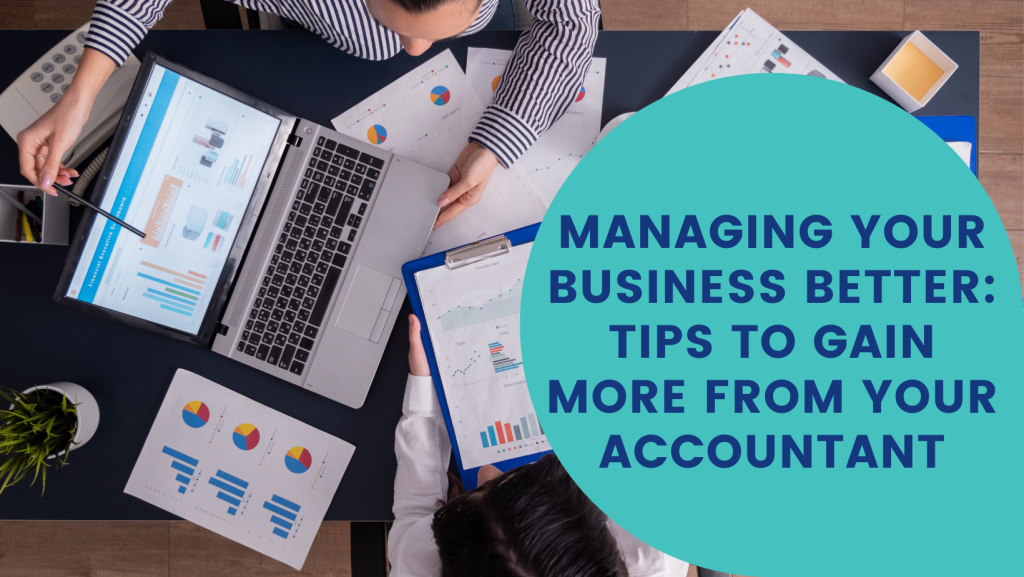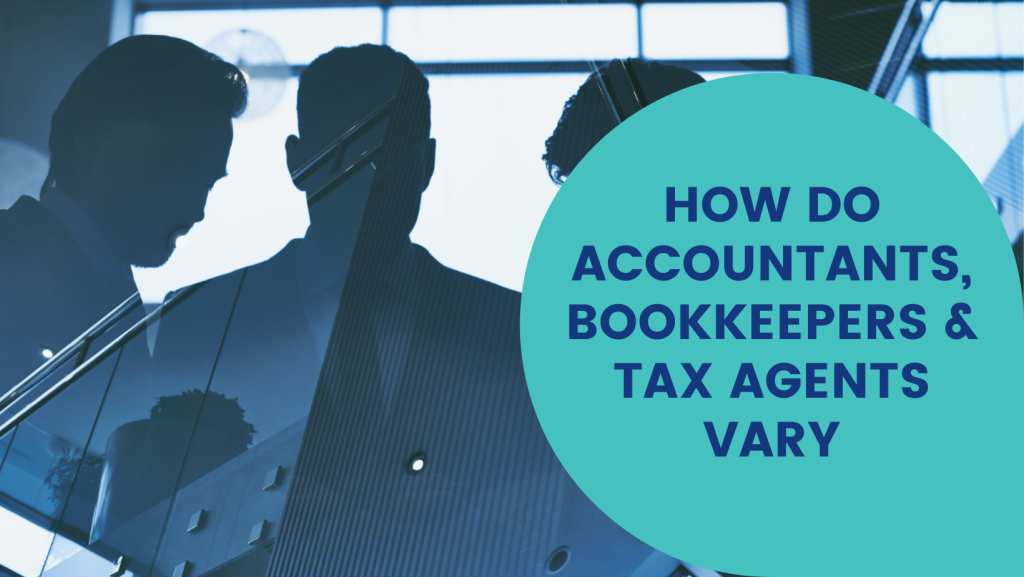Is Your Business Financially Healthy? The Balance Sheet Tells All
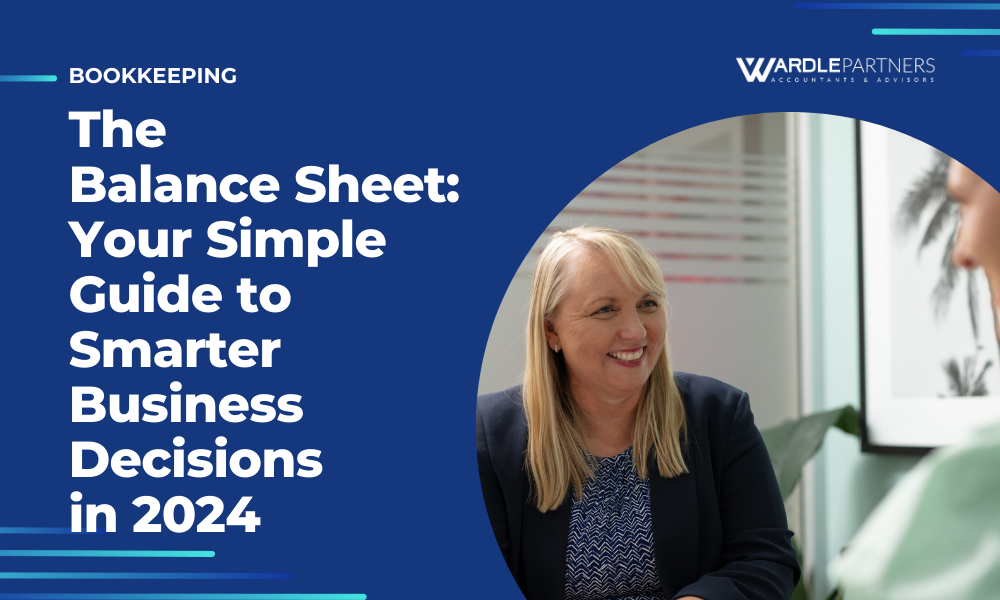
Financial stuff can feel like a foreign language. But the balance sheet? That’s your inside scoop on everything happening with your business’s money.
Understanding your business’s financial health and using a financial health checklist is essential for sound decision making. The balance sheet holds the key, acting as a powerful tool providing a comprehensive snapshot of your company’s financial position. Let’s dive in and discover how it can guide your business towards success in 2024.
What does the Balance Sheet tell you about your business?
The balance sheet breaks down everything your business owns (assets), everything it owes (liabilities), and the difference between the two – your owner’s equity. This breakdown offers valuable insights:
Solvency: Can your company meet long term financial obligations?
Liquidity: Do you have enough cash or readily convertible assets to cover short-term needs?
Overall Financial Standing: Provides a clear picture of your company’s net worth.
How do you create a Balance Sheet?
The fundamental equation is at the heart of your balance sheet: Assets = Liabilities + Owner’s Equity. Here’s the basic process:
Assets
That’s all the good stuff your company owns. Cash, equipment, inventory, the building you operate in, it’s all your assets.
Itemise everything your business owns (cash, inventory, equipment, property). Categorise them as current (easily converted to cash) or non-current (longer-term holdings).
Liabilities
The flip side and this is what you owe. Loans, bills, taxes… all the not-so-fun obligations.
Detail your obligations (accounts payable, loans, taxes owed). Again, separate them into current and non-current liabilities.
Owner’s Equity
This is the real prize. It’s what’s left after you subtract your debts from your goodies. It shows what your chunk of the business is actually worth.
Subtract your total liabilities from your total assets to arrive at your owner’s equity in the business.
Where can you find the information to build your Balance Sheet?
1. Accounting Records: Your primary source of financial data but it depends on how well organised you are:
- Chart of Accounts: This is your master list of where money goes like sales income, equipment costs, different types of expenses. Each category is essential for your balance sheet.
- General Ledger: The nitty-gritty. Every transaction like sales, bills paid, loans taken is recorded here.
- Accounts Receivable & Accounts Payable: These show money you’re owed by customers, and what you owe to others (suppliers, etc.). This is crucial for ‘current’ assets and liabilities.
2. Bank statements: Reflect your cash balances.
- Ending Balance: Clearly, this is your ‘cash’ asset. But don’t get fooled by a big number if it’s right before bills are due.
- Transaction History: See where the money’s leaking out. Those small, recurring costs add up and impact your bottom line.
- Fees & Interest: Getting nickeled-and-dimed by your bank impacts your profitability, long-term.
3. Inventory records: Provide values for stock on hand.
- Physical Counts: Yes, sometimes you’ve got to get dusty and count the actual stuff. This gives you the most accurate value for your inventory asset.
- Inventory Management System: If you’re fancy, these track sales vs. stock on hand, giving you real-time values.
- Valuation Matters: Is it old stuff that won’t sell? Might not be worth as much as you think, even if you paid a lot initially.
4. Loan agreements: Detail debt obligations.
- Total Amount Outstanding: The real number you owe, the big chunk of your liabilities.
- Interest Rate: How much is this debt costing you every year? This impacts long-term planning.
- Payment Schedule: Know those big payment dates that put a strain on your cash flow.
The information in your bookkeeping balance sheet directly feeds into your formal financial statements.
If your records aren’t perfect, don’t let that stop you from making a balance sheet. Start with what you do have, and it can motivate you to get the rest organised.
When should you review your Balance Sheet?
- Regularly: Monthly or quarterly reviews offer ongoing insight.
- Before Significant Decisions: Assess your financial position before major investments, expansions, or loan applications.
- At Year-End: Prepare a comprehensive balance sheet for tax and reporting purposes.
Your Accountant is your friend. They can help you find info you didn’t even know existed, and explain how it all fits into the big picture of your balance sheet. Also, you may use a financial health checklist to assess the key indicators on your balance sheet.
Who should be involved in analyzing your Balance Sheet?
Business Owners
Gain a big-picture understanding of your company’s status. As the business owner, you’re calling the shots. Don’t be the type who gets all glazed over when an accountant starts talking numbers. Even a basic understanding of your balance sheet gives you serious power. It reveals if you’re truly profitable or drowning in debt and helps you spot those crucial opportunities for growth. Think of it as a gut-check tool, does that big investment your heart is set on actually make sense when you look at the cold, hard numbers? The balance sheet keeps your emotions in check, which is what makes a successful boss.
Accountants
Ensure accuracy and provide deeper analysis of financial ratios. Accountants aren’t just bean counters – they’re your financial support system. They make sure your balance sheet is squeaky clean, with no errors that can mess up your whole picture. More importantly, they know how to analyse the heck out of those numbers, spotting trends, and telling you if you’re headed for greatness or a financial trainwreck. Think of them as your business health advisors.
Investors/Lenders
Assess your company’s viability and creditworthiness. When you’re looking for money, whether it’s a loan or an investor, your balance sheet is your source of truth. A strong balance sheet shows you can handle the ups and downs and have the potential to make your investors seriously rich. On the flip side, hand them a messy balance sheet, they’ll assume you don’t know what you’re doing.
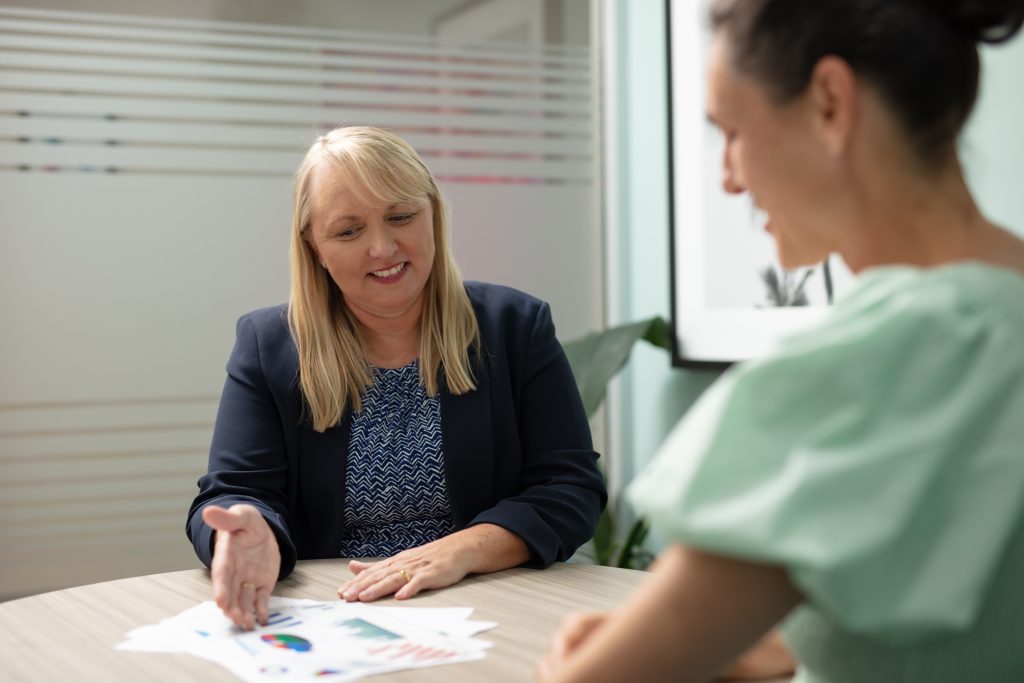
Conclusion
Your balance sheet is your ultimate financial scorecard. It’s far more than just a static document. It’s a window into the heart of your business’s financial health. By understanding its components and regularly reviewing it, you gain the power to make informed decisions for a strong and sustainable future. It tells you the crucial things about your business health like if you have enough resources to cover your debts, how quickly you can turn assets into ready money and the bottom line, the value of your business after debts are cleared. Track it and watch your business grow.
Tax time shouldn’t be the only time you look at your balance sheet. Make it a habit. Monthly or quarterly check-ins catch financial hiccups early. Spot a problem? Time to change course. See positive trends? Double down on what’s working. Regularly reviewing your balance sheet is crucial for making informed business decisions and understanding your financial health.
Need clarity on your business’s financial picture? Let Wardle Partners Accountants & Advisors be your guide. We can help you create a customised financial health checklist for your specific business needs. We’ll turn your balance sheet into actionable insights. Contact us today.
